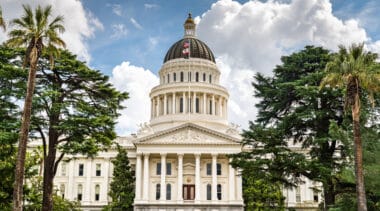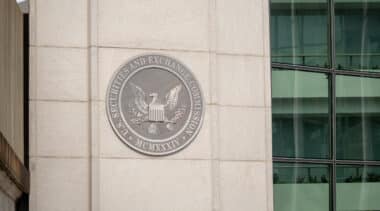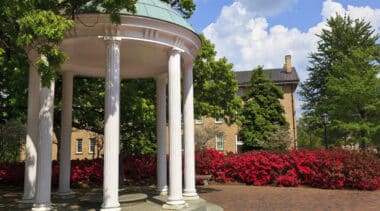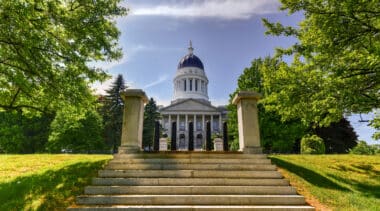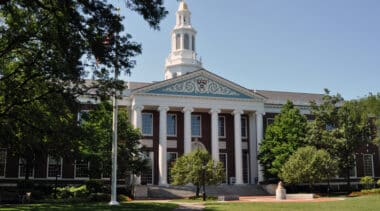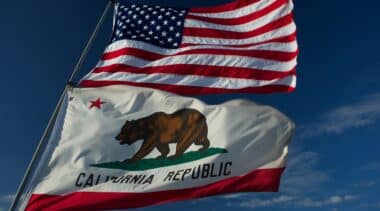-
Amicus Brief: Gonzalez v. Google
For nearly three decades, Section 230 has served as the backbone of the Internet, precisely as Congress correctly anticipated and intended.
-
Amicus Brief: Association Des Éleveurs De Canards Et D’oies Du Québec v. Rob Bonta
Section 25982 of the California Health and Safety Code prohibits the sale in California of a wholesome food ingredient in violation of the dormant Commerce Clause and poses a grave challenge to the future of food and agriculture in the U.S.
-
Marfil v. City of New Braunfels
The Constitution defends individual liberty and freedom against the irrational governmental deprivation of property rights.
-
Amicus Brief: Ariyan Incorporated v. Sewerage & Water Board of New Orleans
The Sewerage & Water Board of New Orleans took private property from seventy owners.
-
Snitko v. United States
Reason respectfully urges the Court to permit the public filing of the deposition transcripts and reject any effort to hide them from the media or the public.
-
Amicus Brief: SEC v. Romeril
The condition that the Securities & Exchange Commission imposed on Barry Romeril’s settlement of its claims infringes on the First Amendment rights of all who wish to hear Romeril’s story.
-
Amicus Brief: McDonald v. Firth
Subjecting mandatory bar associations to “the same constitutional rule” as public sector unions now means subjecting them to exacting scrutiny that reveals unjustifiable violations of attorneys’ First Amendment rights by the bar associations.
-
Amicus Brief: Students for Fair Admissions, Inc. v. University of North Carolina
The Equal Protection Clause prohibits the government from denying “any person . . . the equal protection of the laws.”
-
Amicus Brief: John K. Maciver Institute For Public Policy v. Tony Evers
The Constitution’s guarantee of freedom of the press does not assume that the press will be “objective,” and to allow the government power to draw legal lines around the press based on the government’s determination of “objectivity” is unworkable in principle.
-
Amicus Brief: Gary E. Albright v. United States of America
The Federal Circuit violated foundational principles of federalism when it refused to certify a novel issue of state law to the state’s highest court.
-
Amicus Brief: Lange v. California
Permitting police officers categorically to effect a warrantless home entry during a misdemeanor pursuit will have deleterious consequences.
-
Amicus Brief: Terkel v. Centers for Disease Control
The eviction moratorium is unconstitutional and denies access to state courts, intrudes on state judiciaries, and distorts political accountability.
-
Amicus Brief: Mark Ringland v. United States of America
The private-search doctrine does not appropriately safeguard the Fourth Amendment interests at issue when the search involves digital mediums like email accounts.
-
Amicus Brief: Students For Fair Admissions, Inc. v. President And Fellows Of Harvard College
Neither the Constitution nor Title VI countenances racial preferences in admissions decisions.
-
Amicus Brief: FDRLST v. NLRB
If you can be haled into court and found in violation of federal law on the basis of satire, sarcasm, or hyperbole, everyone will self-censor their humor, to the detriment of freewheeling discourse.
-
Amicus Brief: AFP v. Becerra
The Ninth Circuit misconstrued the Supreme Court’s precedents and gave California free rein to demand donor information for any charity in the nation that operates in the state.
-
Amicus Brief: Appeal No. 29546 Thom v. Barnett
No state that has eliminated criminal and civil penalties for either the medicinal or general adult use of marijuana has reverted to re-criminalizing marijuana, even in part.

